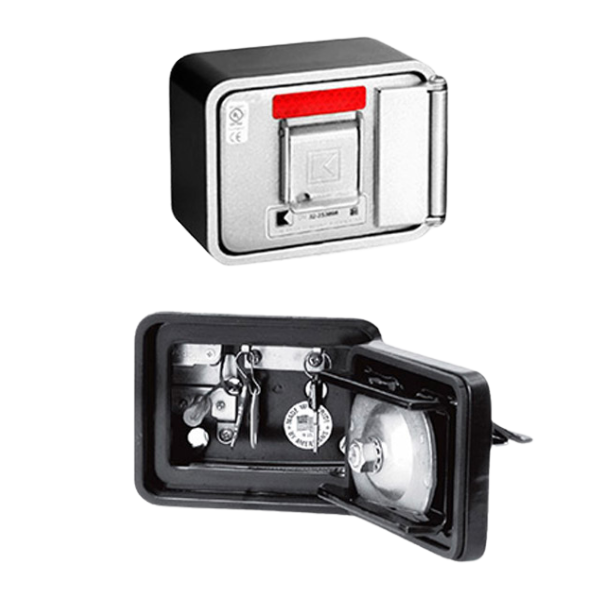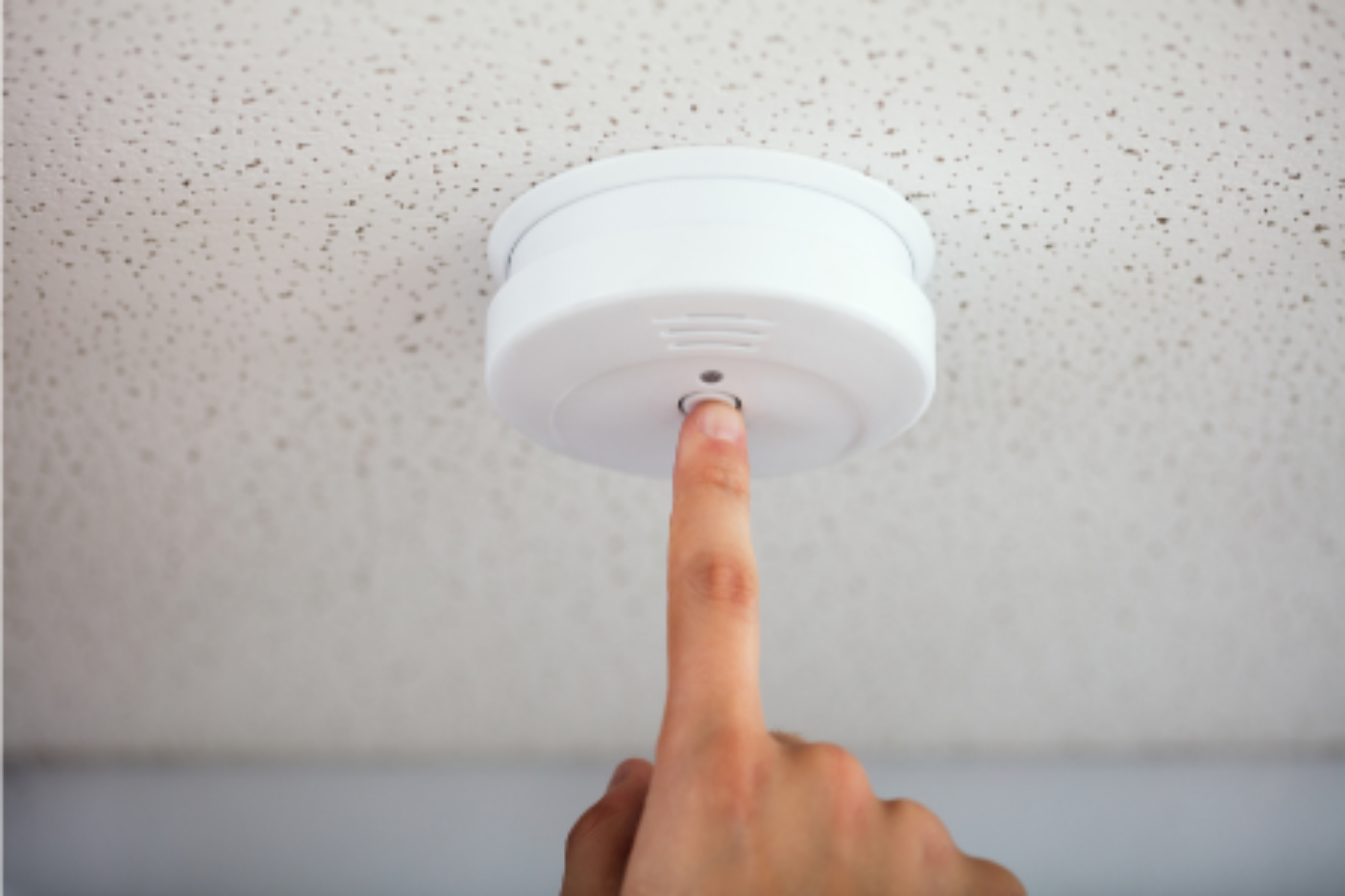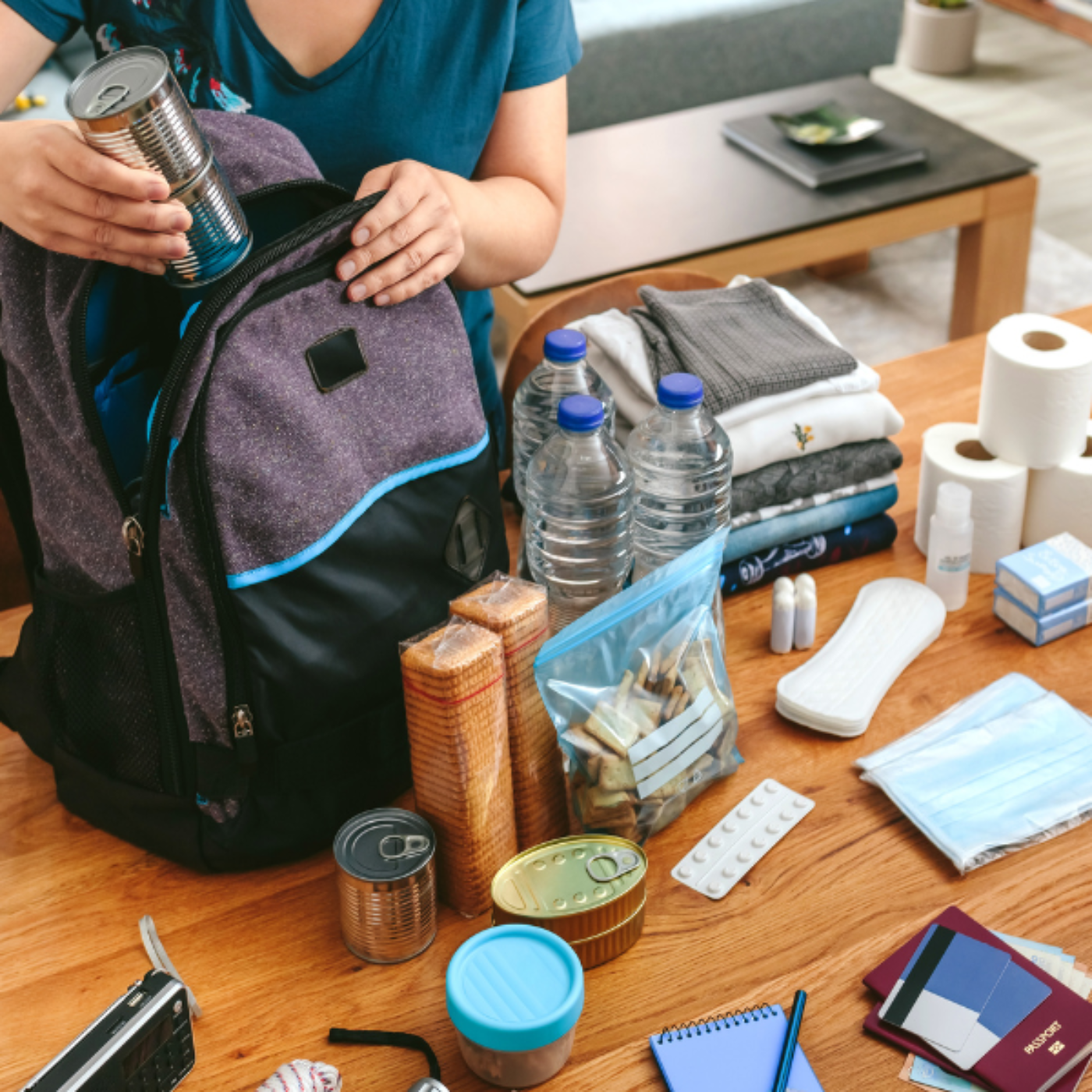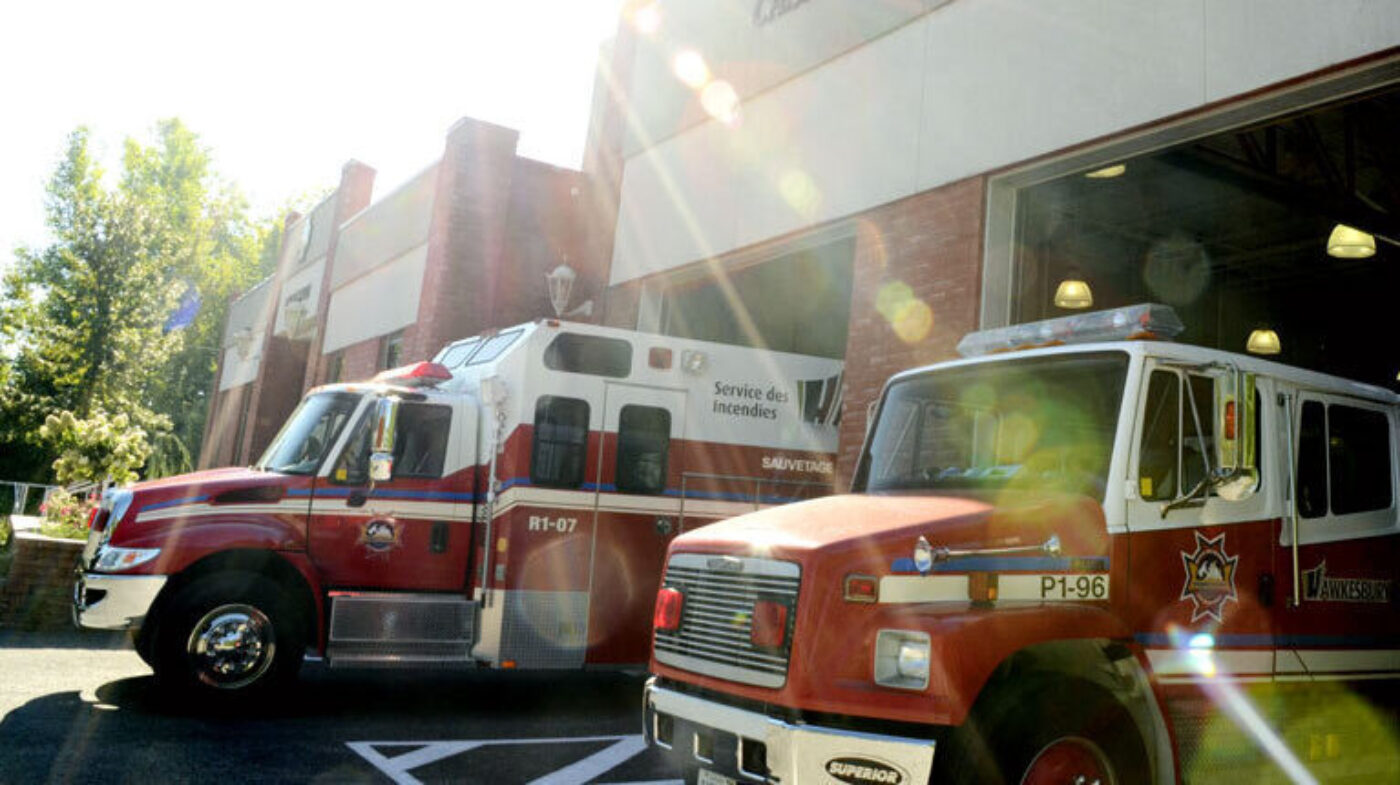Resident awareness programs
Fire prevention starts with our youth!

Prevention and raising awareness start at an early age. Young people are a concrete example of how good habits are more easily acquired when the message is combined with play. See below for numerous activities and exercises created and offered to the general public.
Activities for children : Emergency Match & Colour, and How to prepare for an Emergency (in French only)
Card game: Your survival kit
Is it an emergency? Spinner game
Crossword and activity sheet: Emergencies and your pet
Program for lockable boxes!
The Town of Hawkesbury has a volunteer keyed lock box program that is administered through the Fire Department.
When responding to an emergency and faced with a locked entrance door, Fire personnel will confirm the location of the lockbox with the dispatcher. By placing your keys in this tamper-proof box in a visible location near the main entrance door, delays in accessing the building are minimized, and damage that could be caused by forced entry is eliminated. Fire personnel will have access to the keys from the box, and after using them for their intended purpose, the Commanding Officer will ensure that the keys are replaced and secured.
All installation and maintenance costs associated with this are the responsibility of the property owner.
Keddi Supro lock boxes are exclusively used.
For full details, please download the program information.
To request an installation, please download, complete and submit this form.


Test your smoke detectors once a month and change the batteries at least once a year.
As of January 1, 2026, the Ontario Fire Code requires carbon monoxide detectors on every floor of homes and buildings with a fuel-burning appliance, a fireplace, or an attached garage.

In the event of a large-scale emergency, the Emergency Management division of the Public Safety Department will follow the Town's emergency plan to ensure the safety and welfare of everyone and their property.
We have identified the following emergency situations as the highest risk for our municipality. Click on each one for information on how you can best prepare and respond if these emergencies arise.
Tornadoes
Winter storms
Drought
Forest fires
General preparation for emergencies
Pandemic
Power Outage Safety
Video made by the province of Ontario to highlight practical steps Ontarians can take before, during and after a power outage.
The Town of Hawkesbury's Fire Department
Mision and vision
Mission
The Hawkesbury Fire Department's mission is to protect lives, property, and the environment through dedicated fire prevention, emergency response, and community education. We are committed to delivering exceptional service with integrity, professionalism, and compassion, ensuring the safety and resilience of our community in every situation.
Vision
Our vision is to achieve a high level of competence in order to offer a service that takes into account the latest fire safety standards, with the aim of optimizing public safety for the citizens of Hawkesbury.

Services offered by the Fire Department
Main Service Areas
1- Fire Operations
The services provided to the public include:
- Fire safety inspections, fire prevention, and public education on fire safety;
- Fire investigations;
- Enforcement of the Ontario Building Code, the Ontario Fire Code, the Fire Protection and Prevention Act, municipal by-laws, and firefighting activities;
- Emergency response to: fires, rescues, hazardous materials incidents, life-threatening environmental incidents, medical incidents, and water-related incidents;
- Emergency management.
2- Emergency Communications
Prescott-Russell Fire and Emergency Dispatch Services (7 municipalities: Hawkesbury, Champlain, East Hawkesbury, Alfred-Plantagenet, The Nation, Russell, Casselman)
Several employees work day and night to provide excellent call-taking and dispatch services for the Fire Departments of 7 municipalities in the United Counties of Prescott and Russell. The central office can also communicate directly with Hydro Hawkesbury, Public Works, the Environment Department, and municipal by-law officers.
3- Emergency Plan
Preparation of the emergency plan in case of catastrophic events, including updating the plan, training, and drills.
To know more, please download the bilingual emergency plan adopted by the Municipal Council on April 30, 2018.
Fire Prevention and Inspection
Fire Prevention
One of our primary goals in the community is to prevent fires from occurring. The Fire Department team is responsible for fire prevention and works hand in hand with the community, other departments, and other municipal employees to help prevent fires by:
- providing educational opportunities;
- conducting fire-safety inspections;
- helping to enforce fire-safety laws; and
- investigating how fires occur in our community.
Fire Inspection
The Fire Prevention Division conducts property inspections when:
- a complaint is received regarding fire safety;
- a request is made to assist a property owner or occupant to comply with the Fire Code.
A Fire Code inspection can be started by making a request or by a Fire Prevention Officer. During the inspection by the Fire Prevention Officer, the property owner will be shown any violations to the Fire Code and asked to correct the violations. A Fire Safety Inspection Report, Inspection Order or other written recommendations will be provided.
Fire Hall and Equipment
The Hawkesbury Fire Department (#7) located at 780 Spence Ave, Hawkesbury ON K6A 3H9, consists of five distinct divisions:
- Fire Prevention
- Emergency Operations
- Training
- Administration and Support Services
- Dispatch Centre
Our fire department is equipped with a diverse fleet of fire trucks and cutting-edge equipment to ensure the safety of our community. From pumper trucks and ladder trucks to advanced rescue tools, we are prepared to handle any emergency and protect lives and property. Your safety is our top priority.

Fire department report
Each year, the Fire Department submits and presents a report to Council on its impact on residents.
View the latest report here (available in French only).
